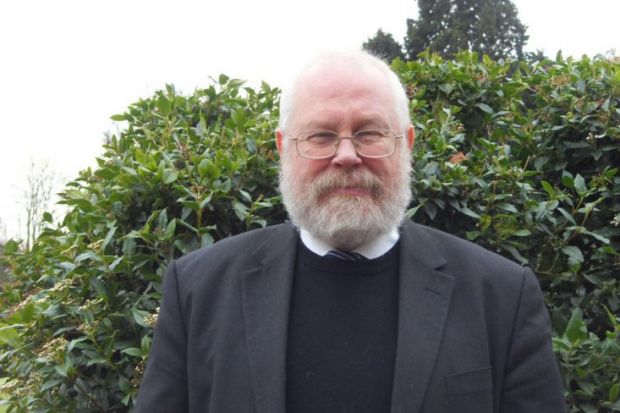Lessons and Legacy: A Tribute to Professor Cyril J Weir (1950–2018)
Edited by Lynda Taylor and Nick Saville
Cambridge Studies in Language Testing Volume 50
Cambridge University Press, 2020
ISBN 978-1-108-74573-4
This volume is a tribute to Professor Cyril Weir, a giant of the English Language testing world, “It is an attempt”, as the editors state, “to put together a narrative that tells a story about his work and the legacy he leaves behind.”
Part One illustrates Cyril’s wide-ranging involvement in testing matters, as they tell the story through the voices of the people that he influenced and who played a part in his career of more than 40 years.
Chapter One takes us back to the beginnings of Cyril’s career as a professional language tester and to his doctoral studies on empirical needs analysis which helped to underpin test design, development and validation work during the 1980s and 1990s for tests such as the OET and IELTS.
The following chapter covers his work on testing spoken language, which offered an overview of speaking assessment designed to inform the Cambridge English test development and validation agenda. The third chapter provides background to cognitive validity and its role in second language testing, especially in relation to the skill of reading, a key area of interest for Cyril.
Chapter Four acknowledges his legacy in China concerning the development of professional expertise and experience in language assessment. The remaining chapters in this part include personal reflections on what it was like to experience Cyril as PhD supervisor, research mentor and professional senior colleague, his work on a framework that guided studies for the speaking component of the Test of English for Academic Purposes (TEAP), and his early thinking on the use of integrated tasks.
But Cyril Weir was not all about work; he seems to have very much enjoyed the social side of things. Part Two, “Measures of Esteem”, illustrates personal experiences and lessons learned in collaborating with Cyril, both as a colleague and friend.
Roger Hawkey recalls meeting Cyril in the late 1970s when they were both postgraduate students. Their overlapping interests in the English language skills and needs of international students led to a friendship which lasted a lifetime. Eddie Williams recalls having a vigorous debate with Cyril on issues which ultimately led to a decision not to even try and co-author a book on reading skills; happily, their personal and professional friendship was able to continue via a shared passion for international rugby and good beer.
Hanan Khalifa also reflects on her experience of Cyril’s role in national assessment reforms initiatives in her home country of Egypt and highlights his ability to bring to a project an international perspective while remaining sensitive to and showing understanding of the local context.
Lynda Taylor shares memories of travelling with Cyril to different European cities as they lectured together on the ALTE training courses and explains what a good travel companion he proved to be.
Appendix One provides a lengthy and very moving obituary of Cyril Weir that first appeared in Language Assessment Quarterly in 2018. Appendix Two lists his remarkable CV, ending with his award in 2015 as an Officer of the Most Excellent Order of the British Empire (OBE) for services to English language assessment. I never had the pleasure of meeting Cyril Weir, but from reading about him in this volume I cannot think of anything more befitting.







